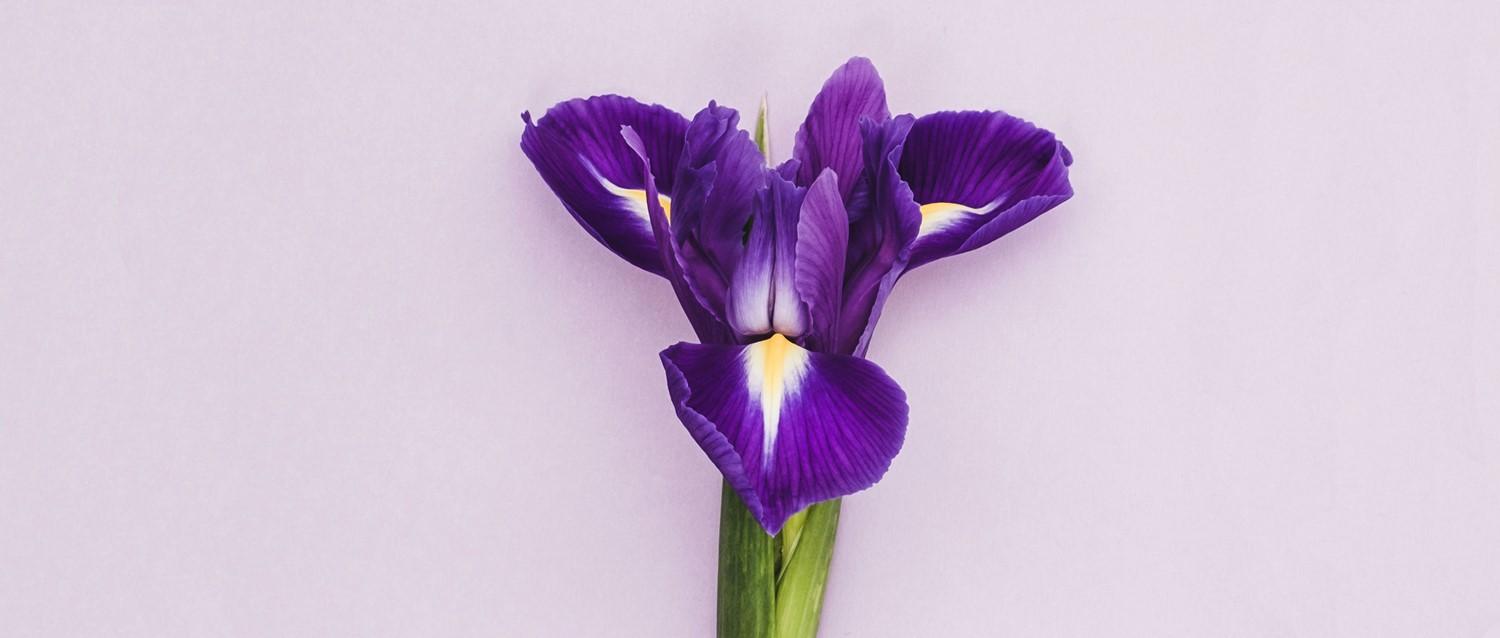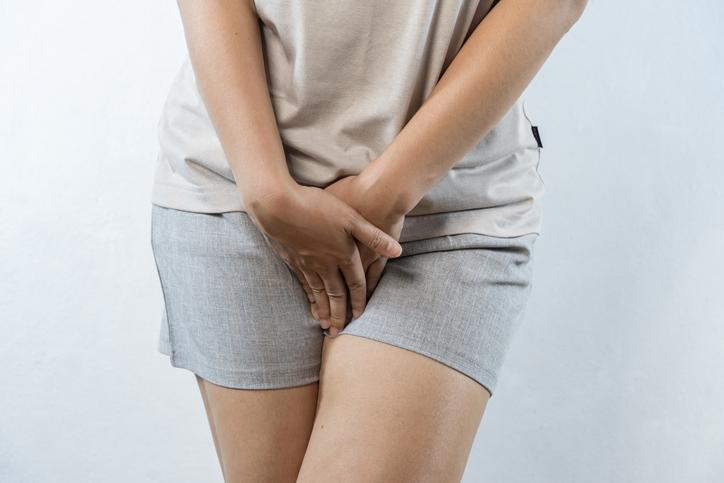Problèmes vulvaires
Révision par le Dr Colin Tidy, MRCGPDernière mise à jour par Dr Rachel Hudson, MRCGPDernière mise à jour le 10 février 2023
Répond aux besoins du patient lignes directrices éditoriales
- TéléchargerTélécharger
- Partager
- Langue
- Discussion
De nombreuses affections peuvent toucher la vulve, allant d'infections bénignes à des affections cutanées et, très rarement, à un cancer. Elles peuvent toutes provoquer des symptômes très différents, notamment des démangeaisons, des saignements, des éruptions cutanées ou une grosseur. Il est très important que vous consultiez rapidement un médecin si vous remarquez de nouveaux symptômes ou des grosseurs dans votre région génitale. Votre médecin pourra vous examiner et décider du traitement qui vous convient. Cela dépendra de la cause sous-jacente de vos symptômes.
Dans cet article :
Où se trouve la vulve ?
Poursuivre la lecture ci-dessous
How are vulval problems diagnosed?
What are the different types of vulvar problems?
There are various conditions that can affect your vulva. Some are more serious than others. If you notice a new lump or swelling on your vulva or have any bleeding from around your vulva then you must see a doctor promptly.
Most conditions that affect your vulva can be diagnosed by examining you. However, it is sometimes necessary for other tests to be undertaken - eg, swabs or a biopsy.
The symptoms will depend on the underlying condition. Symptoms may range from pain, itching (pruritus vulvae), and finding a lump to noticing a change in appearance of your vulva. See the separate leaflet called Vulvitis.
Playlist: Vulvar Itch
2 vidéos
What is vulvar itch?
Dr Sarah Jarvis MBE, FRCGP
What is vulvar itch?
Dr. Sarah Jarvis MBE, FRCGP

How do you stop vulvar itch?
Dr. Sarah Jarvis MBE, FRCGP
What causes vulval problems?
Infections
Thrush (yeast infection).
Autres infections : il s'agit notamment de la gale et des poux du pubis.
Affections cutanées
In babies and toddlers wearing nappies, nappy rash can occur and be very irritating and distressing. Nappy rash can lead to the skin of the vulva and the area round the back passage (anus) becoming bright red and very sore.
Any skin condition can affect the vulval area too - eg, eczema, psoriasis, lichen planus and lichen sclerosus.
Vulval intraepithelial neoplasia (VIN). This is not vulval cancer but it is a pre-cancerous condition, as VIN (after several years) may develop into vulval cancer in some women.
Lumps in the vulva
Some infections such as genital herpes and syphilis can cause lumps.
Poursuivre la lecture ci-dessous
How are vulval problems treated?
Infections
Thrush is usually treated with clotrimazole cream from the pharmacy, or sometimes a fluconazole oral tablet. Usually only a short course is required but occasionally longer courses are needed.
Genital herpes is treated with aciclovir tablets. You can also soothe the symptoms by bathing in salt water, taking over-the-counter painkillers and drinking more water to dilute your urine. Petroleum jelly or local anesthetic ointments can also be helpful.
Genital warts are usually treated at sexual health clinics, often with a self-applied topical treatment such as podophyllotoxin, imiquimod or sinecatechins. However in 30% of people they will disappear with no treatment. People with suppressed immune systems and pregnant women may require different treatments.
Chickenpox affecting the genital area can be itchy or sore and this can be alleviated by paracetamol, calamine lotion or antihistamines such as chlorphenamine.
Scabies and pubic lice are treated with permethrin cream or malathion lotion. The itching from scabies can continue for up to four weeks after treatment.
Affections cutanées
Nappy rash is mostly treated by measures such as frequent nappy changes, cleaning with water or non-fragranced wipes, patting rather than rubbing dry, and avoiding irritants such as talcum powder and bubble bath/soap. Barrier creams such as white soft paraffin, Metanium® and Bepanthen® help protect the skin. Occasionally, antifungal and steroid creams are needed if the rash is severe and simple measures are not helping.
Eczema, psoriasis and lichen planus of the vulva are treated very similarly to other parts of the body, with emollients (moisturising creams/ointments) and steroid creams, as well as other more specialised creams in some cases.
Lichen sclerosus is treated with emollients and stronger steroid creams/ointments
Vulval intraepithelial neoplasia (VIN) is usually treated with a small operation to remove the affected area.
Grumeaux
Bartholin's cyst/abscess often requires antibiotics and sometimes surgical removal.
Cancer of the vulva requires treatment by specialist gynaecologists/oncologists and can involve surgery, chemotherapy and radiotherapy.
How to take care of your vulva
Vulval skin is very sensitive so it is important to avoid anything that may irritate it. Soap can dry the skin so soap substitutes are preferred - for example, Doublebase® or E45 wash®. Only clean the vulval area once per day as too much washing can make symptoms worse. Showering is preferred to baths but if you do bath, avoid adding bubble bath. Avoid using flannels. Pat gently dry afterwards.
Sanitary towels/panty liners and coloured toilet paper can cause irritation. Avoid tight-fitting underwear/clothing and synthetic materials - cotton is best. Fabric conditioners and biological washing powders can also irritate.
Using an emollient/moisturiser can help protect the skin, especially if it is dry. Various types are available over the counter.
Choix des patients pour Problèmes vaginaux et vulvaires

Santé des femmes
Kyste et abcès de Bartholin
Les glandes de Bartholin sont de petites glandes situées juste à côté de la partie inférieure de l'entrée du vagin, une de chaque côté. Chaque glande a la taille d'un petit pois. Sauf en cas de gonflement ou d'infection, ces glandes ne sont normalement ni visibles ni palpables. Elles se trouvent dans les tissus mous (lèvres) à côté de l'ouverture du vagin. Chaque glande produit une petite quantité de liquide semblable à du mucus. Le liquide de chaque glande s'écoule dans un court tube (conduit) appelé canal de la glande de Bartholin. Chaque canal mesure environ 2 cm de long et sort vers la partie inférieure de l'ouverture du vagin. Le liquide aide à maintenir l'entrée du vagin humide.
par Dr Rachel Hudson, MRCGP

Santé des femmes
Vaginose bactérienne
La vaginose bactérienne (VB) est une affection très courante causée par une prolifération de bactéries dans le vagin. Cela entraîne une modification des pertes vaginales normales, qui peuvent devenir plus visibles ou prendre une odeur de poisson.
par le Dr Doug McKechnie, MRCGP
Autres lectures et références
- Directive nationale britannique sur la prise en charge des affections vulvairesAssociation britannique pour la santé sexuelle et le VIH (2014)
- Reyes MC, Cooper KAn update on vulvar intraepithelial neoplasia : terminology and a practical approach to diagnosis. J Clin Pathol. 2014 Apr;67(4):290-4. doi : 10.1136/jclinpath-2013-202117. Epub 2014 Jan 7.
- Lawton SL'érythème fessier : diagnostic et traitement. J Fam Health Care. 2014 Jul-Aug;24(5):36-40.
Poursuivre la lecture ci-dessous
Historique de l'article
Les informations contenues dans cette page sont rédigées et évaluées par des cliniciens qualifiés.
Prochaine révision prévue : 6 janvier 2028
10 février 2023 | Dernière version
6 février 2015 | Publié à l'origine
Auteur: :
Dr Louise Newson, MRCGP

Demandez, partagez, connectez-vous.
Parcourez les discussions, posez des questions et partagez vos expériences sur des centaines de sujets liés à la santé.

Vous ne vous sentez pas bien ?
Évaluez gratuitement vos symptômes en ligne
Inscrivez-vous à la newsletter destinée aux patients
Votre dose hebdomadaire de conseils santé clairs et fiables, rédigés pour vous aider à vous sentir informé, confiant et maître de la situation.
En vous abonnant, vous acceptez notre politique de confidentialité. Vous pouvez vous désabonner à tout moment. Nous ne vendons jamais vos données.